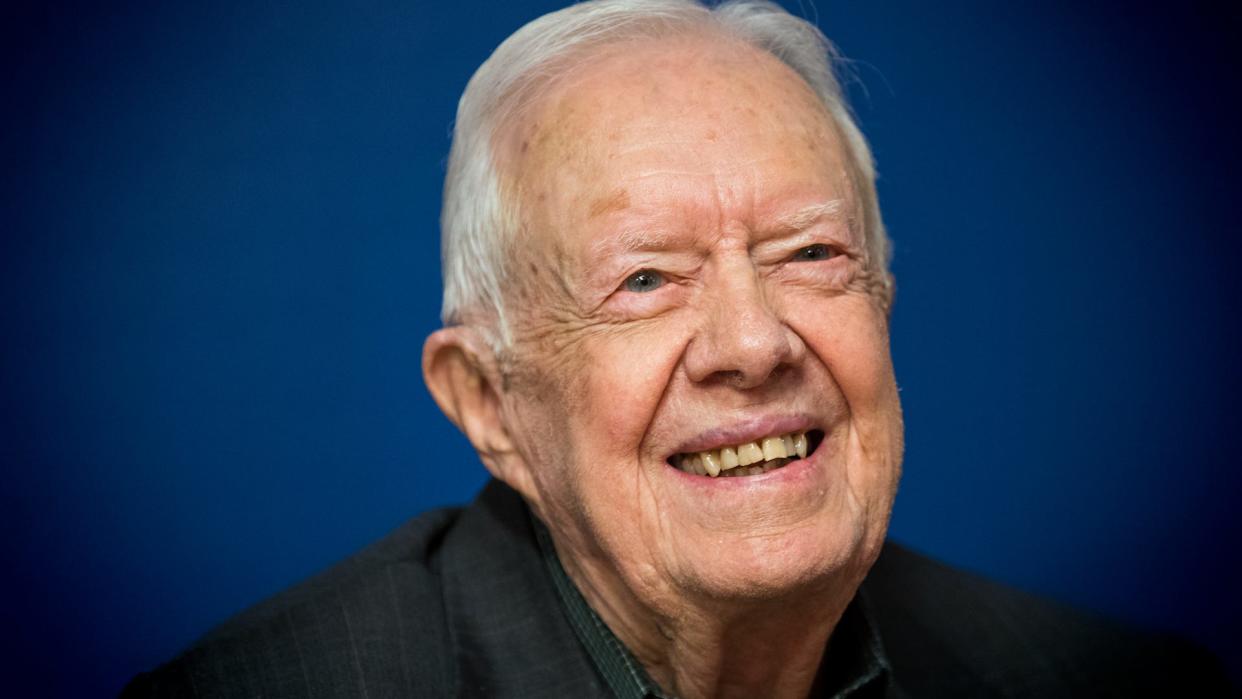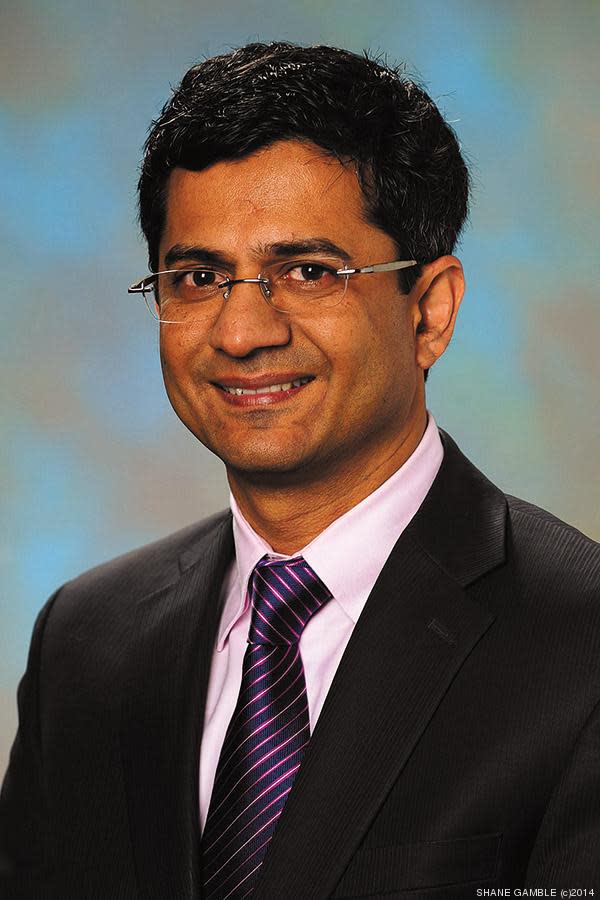Everyone dies. Talking about it won't kill you | Opinion

When it was announced in February that former President Jimmy Carter was stopping his cancer treatments and entering hospice care, many of us felt a bit sad knowing that he was coming to the end of his life.
But there was a positive message for all of us in his decision to choose hospice. It reminded us that it is possible to have "a good death." The catch − you must let the people close to you know what a good death looks like to you, well in advance, when you still have the ability to speak up for yourself.
Research confirms that most of us do want to talk about our end-of-life preferences. According to The Conversation Project National Survey (2018), 92% of Americans say it’s important to discuss their end-of-life wishes, but only 32% have had such conversations. In addition, 53% say they’d be relieved to discuss it.
As a physician specializing in hospice and palliative care, I bear witness every day to the difference end-of-life discussions make in the quality of life at the end. That’s why, for National Hospice and Palliative Care Month in November, I am urging everyone − regardless of age or health status − to talk about this with loved ones as soon as possible.
This is a conversation that cannot wait. You could be in a serious accident or be given a life-threatening diagnosis tomorrow. If you haven’t told your family what your thoughts are on any extraordinary treatment, and you couldn’t speak for yourself, they and your medical team would have to make assumptions. We’ve seen this create conflict in families when unity is needed the most, and feelings of guilt as they wonder whether they made the right decision.
As health care technologies and procedures advance, we have more and more options to extend life. That can be a good thing, but prolonged and invasive care can come at a cost to the quality of life. Treatments and interventions can lead to complications. Complications demand solutions. And every solution has the potential for more complications.

For example, CPR on a frail elderly person having cardiac arrest might "save" his life, but it can cause cracked or damaged ribs, lung hemorrhage, liver damage and/or a broken sternum. Although the patient survives, his overall health condition would likely be grave, and he would require additional care or hospital stays to deal with the injuries from the CPR.
Or, a dementia patient might struggle with eating and ultimately require a feeding tube, or develop pneumonia because she’s inhaled food particles into her lungs. She then ends up on a ventilator, or perhaps require a tracheotomy (a surgically created hole in the windpipe to provide an alternative airway for breathing). Eventually, her kidneys may fail, and she would require dialysis.
If this were you, how much intervention would you want? What if it meant sacrificing comfort and the things that give you pleasure, like being at home, tasting foods you love, or talking with loved ones?
Before you talk to your family, think about your values as they pertain to the end of life. How do you want to spend your last days − at home or in the hospital? Would you want to be able to communicate with loved ones? Do you want your loved ones by your side? Is being pain-free important to you? What would a good day look like to you?
Hospice of Cincinnati offers free tools at HospiceOfCincinnati.org to help you think through the decision-making process. Go to the "Services" tab, scroll down and click on "Advance Care Planning." You’ll find links there for Living Will and Medical Power of Attorney forms, a Values Worksheet to help you consider your decisions for care, and advice on how to start "the talk" with loved ones.
We live in a culture that avoids discussing mortality, as if doing so would cause us to drop dead on the spot. But − spoiler alert − everyone dies. Talking about it won’t kill you, but it could give you a more comfortable and meaningful life, right up to the end.
Dr. Manish Srivastava is the chief medical officer of Hospice of Cincinnati/HOC Navigators.

This article originally appeared on Cincinnati Enquirer: Planning for death can make your quality of life better at the end

